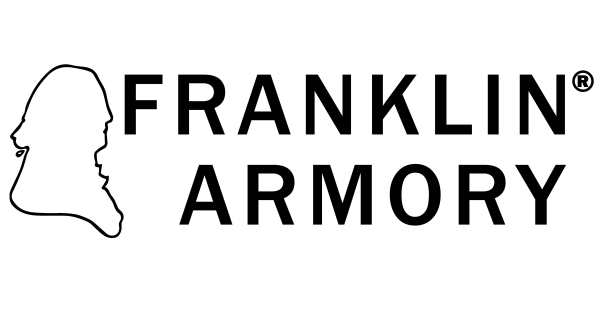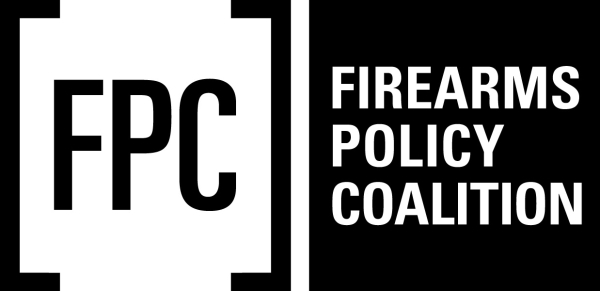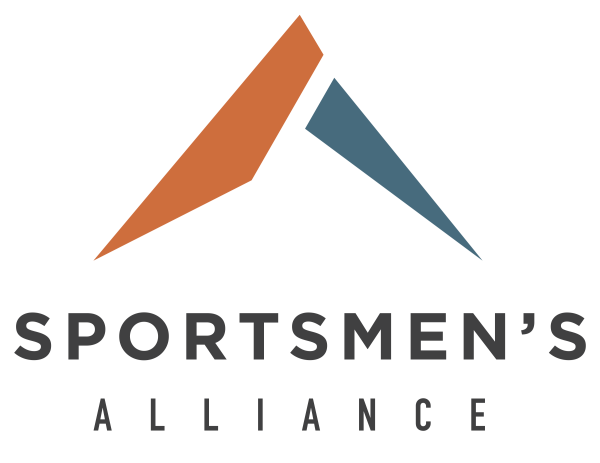NCLA Says 10 Circuit Ruling Deepens Circuit Split on Bump Stock Ban

NCLA Bump Stock Ban Reply Brief Says 10th Circuit’s Chevron Waiver Ruling Deepens Circuit Split
W. Clark Aposhian v. William Barr, Attorney General of the United States, et al.
Washington, DC – The New Civil Liberties Alliance, a nonpartisan, nonprofit civil rights group, filed a reply brief in the U.S. Court of Appeals for the Tenth Circuit to support its petition for full court review in the case of Aposhian v. Barr. NCLA argues that the panel majority committed legal error in its 2-1 decision denying Mr. Aposhian’s appeal challenging the ban on bump stocks issued by the Bureau of Alcohol, Tobacco, Firearms and Explosives (ATF). The reply brief addresses the ATF’s flawed arguments against the petition for rehearing.
For example, in opposing Mr. Aposhian’s request for en banc review, the government has argued that upholding the government’s waiver of Chevron deference could create a conflict among the circuits. But a decision issued earlier this month by the Ninth Circuit Court of Appeals directly conflicts with the Aposhian panel’s decision, thereby eliminating the government’s rationale for denying rehearing in the Tenth Circuit.
According to the Ninth Circuit, Chevron should not be applied to defer to an agency’s statutory interpretation when, as here, the government waives any reliance on it. The Ninth Circuit has now joined at least two other circuits in holding that Chevron deference is not a standard of review but is instead just one tool for statutory interpretation—and is thus subject to waiver.
The Aposhian panel majority also erred by disregarding the rule of lenity. When a criminal statute is ambiguous, the rule of lenity dictates that the law be interpreted to the benefit of the criminal defendant. Any other interpretation risks violating fundamental due process considerations of notice and an opportunity to be heard. Although Mr. Aposhian is not charged with a crime, the statute he is challenging carries criminal penalties, so the rule of lenity applies to it.
Not only has the panel created a deep split amongst the circuits, but it also broke ranks with prior decisions of the Tenth Circuit itself and with the U.S. Supreme Court. If the Tenth Circuit denies en banc review, Mr. Aposhian will either have to appeal the denial of his preliminary injunction to the U.S. Supreme Court or return to federal district court for a trial on the merits.
NCLA released the following statements:
“After fighting against the Court’s erroneous invocation of Chevron deference throughout this case, ATF has now stuck its head in the sand and asked the en banc Court not to step in. This case typifies Chevron deference run amok, and the full Court must fix the panel’s wayward decision.”
— Caleb Kruckenberg, Litigation Counsel, NCLA
“The Court headed down the wrong road when it sought to convert the Chevron decision into a standard of review that is not waivable. Chevron deference is bad enough. It becomes even worse if a court can invoke it even when the government disclaims it.”
— Harriet Hageman, Senior Litigation Counsel, NCLA
ABOUT NCLA
NCLA is a nonpartisan, nonprofit civil rights group founded by prominent legal scholar Philip Hamburger to protect constitutional freedoms from violations by the Administrative State. NCLA’s public-interest litigation and other pro bono advocacy strive to tame the unlawful power of state and federal agencies and to foster a new civil liberties movement that will help restore Americans’ fundamental rights.






